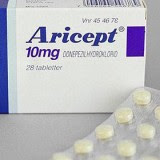
Dementia Drugs Slow Heart Rate, Provoke Fainting
MEMORY DRUGS for Alzheimer’s can slow heart rates and even trigger fainting. The risk is not always clear to patients. Learn how-and-when to consider side-effects,

MEMORY DRUGS for Alzheimer’s can slow heart rates and even trigger fainting. The risk is not always clear to patients. Learn how-and-when to consider side-effects,
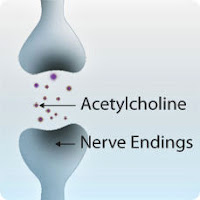
MEDICINES: Alzheimer’s drugs are classified as “Cognitive Enhancers”. Learn why they are NOT for mild memory problems. Find out why prescribing them for Mild Cognitive

BREAKTHROUGH: FOR THE FIRST TIME in 18 years, the FDA approved a new Alzheimer’s drug. The new medication’s generic name is aducanumab and will be marketed under the brand name Aduhelm. Another first is the drug’s ability to potentially slow down Alzheimer’s, not just cover up its symptoms, as existing medications do. Find out more.

MEDICATION: New insights in using Alzheimer’s drugs for other memory problems shows why these medications are no simple memory patch.

MEDICINES VIDEO: Neurologist Geoffrey Kerchner, MD & PhD, is an experienced Memory Disorders Specialist. See his insights into the safety and effectiveness of Alzheimer’s medications.
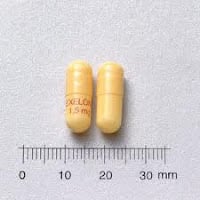
FACT SHEET: Several Alzheimer’s prescription drugs are currently approved by the U.S. Food and Drug Administration (FDA) to treat people who have been diagnosed. Learn

MEDICATION: The most common drug for Alzheimer’s also increases bone mass in mice. Find out what this means for people with dementia in fear of bone

MEDICATION PROGRESS – VIDEO & ARTICLE: Chinese researchers are now using seaweed sugar to tackle Alzheimer’s. Read on to learn how Oligomannate, the first treatment
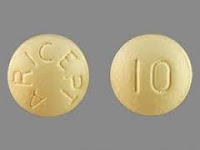
MEDICATION: THE WORLD’S MOST POPULAR DEMENTIA-DRUG IS DONEPEZIL. Donepezil (Brand-name: Aricept®) boosts memory & thinking in Alzheimer’s. More donepezil means more boost – along with

MAYO CLINIC VIDEO, ARTICLE, PODCAST:
In March, Biogen discontinued advanced Alzheimer’s trials for aducanumab, predicting it was not likely to produce meaningful benefits. Now, new data did demonstrate real benefits, the FDA will review a fresh analysis, and former trial patients are getting back on the drug. See what happened.
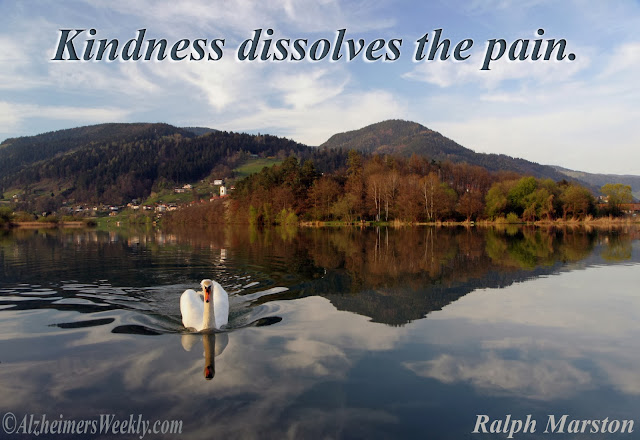
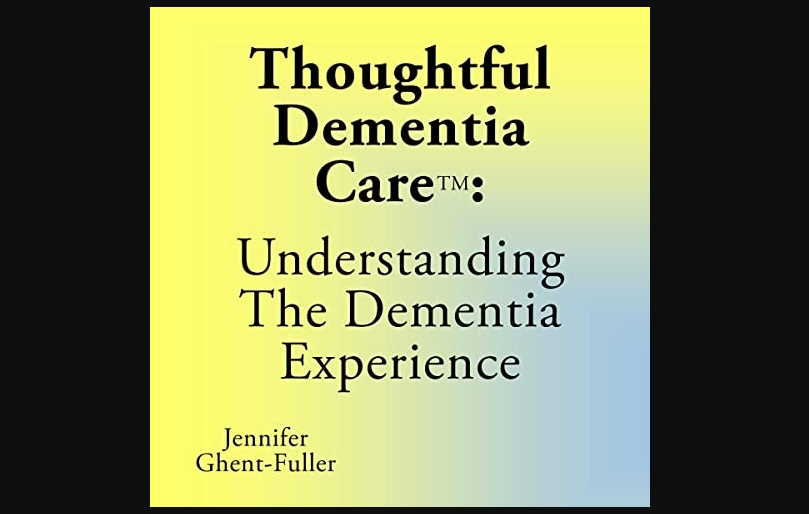
BOOK OF THE WEEK: Thoughtful Dementia Care is today’s best book on understanding the dementia experience. An easy-to-read, sensitive portrayal of managing the world of dementia.

Don Hayen is a retired doctor, diagnosed with Alzheimer’s at 71. But that diagnosis took way too long. Find out how his “cognitive reserve” fooled his doctors. See why he sure wished it hadn’t.

SHORT-TERM MEMORY lapses are obvious signs of Alzheimer’s, but other tell-tale signals begin to show much earlier. Learn how to look for semantic impairments, such as simple questions about size.

Three important dementia studies focus on HS-AGING, a type of dementia almost as common as Alzheimer’s in the 85+ group. Yet few people have heard of it. Why? What makes it different?

An intriguing study of 120 grandmothers might surprise you. Doctors know socially engaged people have better cognition and less dementia. But can a person get too much of a good thing? What’s the right balance?

Enjoy this great duet between a musician with dementia and his son. A triumph of spirit over Alzheimer’s! Sing-a-long if you like!
No spam, only news and updates.



This site was inspired by my Mom’s autoimmune dementia.
It is a place where we separate out the wheat from the chafe, the important articles & videos from each week’s river of news. Google gets a new post on Alzheimer’s or dementia every 7 minutes. That can overwhelm anyone looking for help. This site filters out, focuses on and offers only the best information. It has helped hundreds of thousands of people since it debuted in 2007. Thanks to our many subscribers for your supportive feedback.
The site is dedicated to all those preserving the dignity of the community of people living with dementia.
Peter Berger, Editor